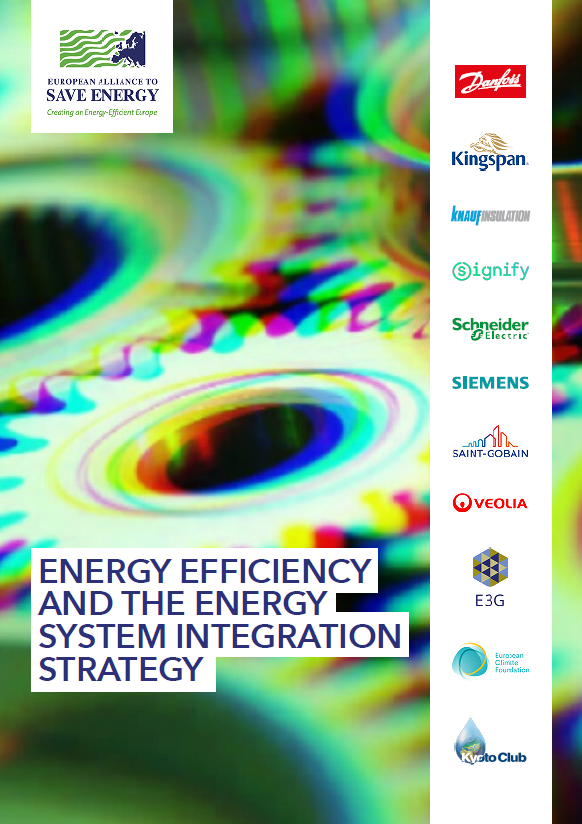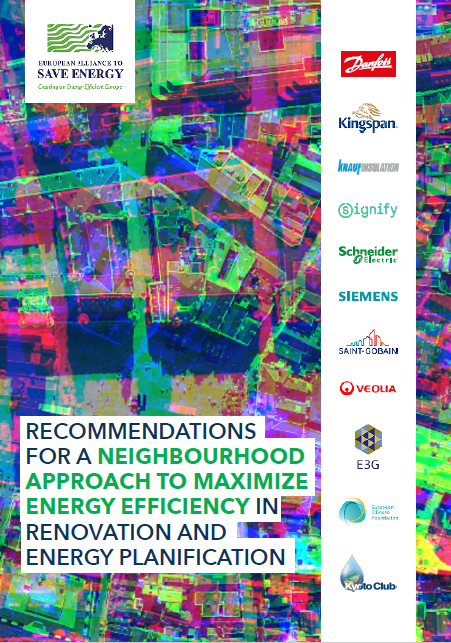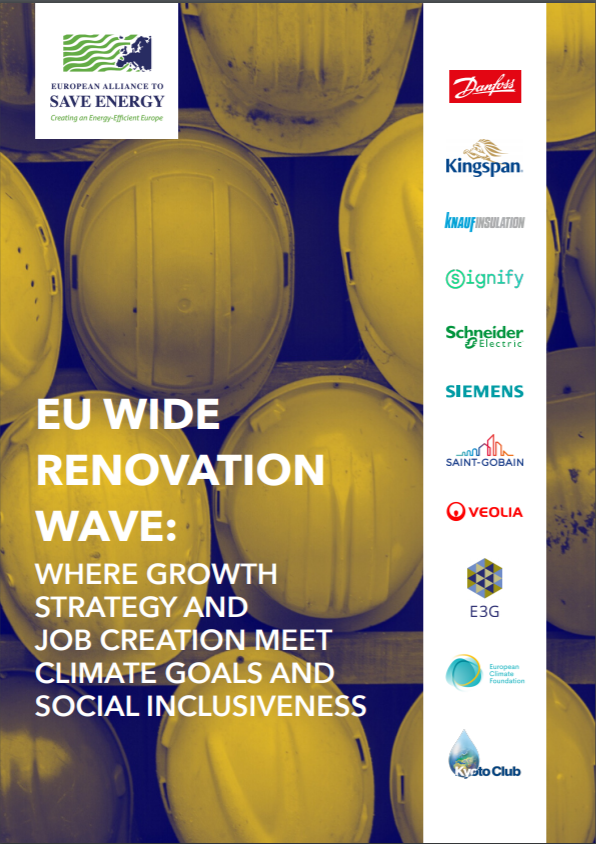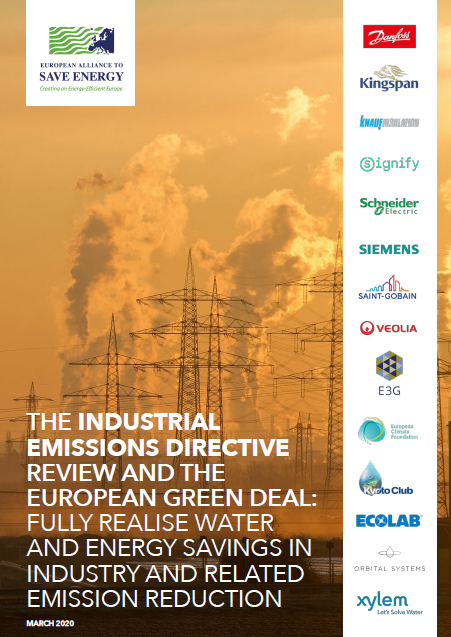Decarbonising Europe’s buildings with available solutions, no hydrogen
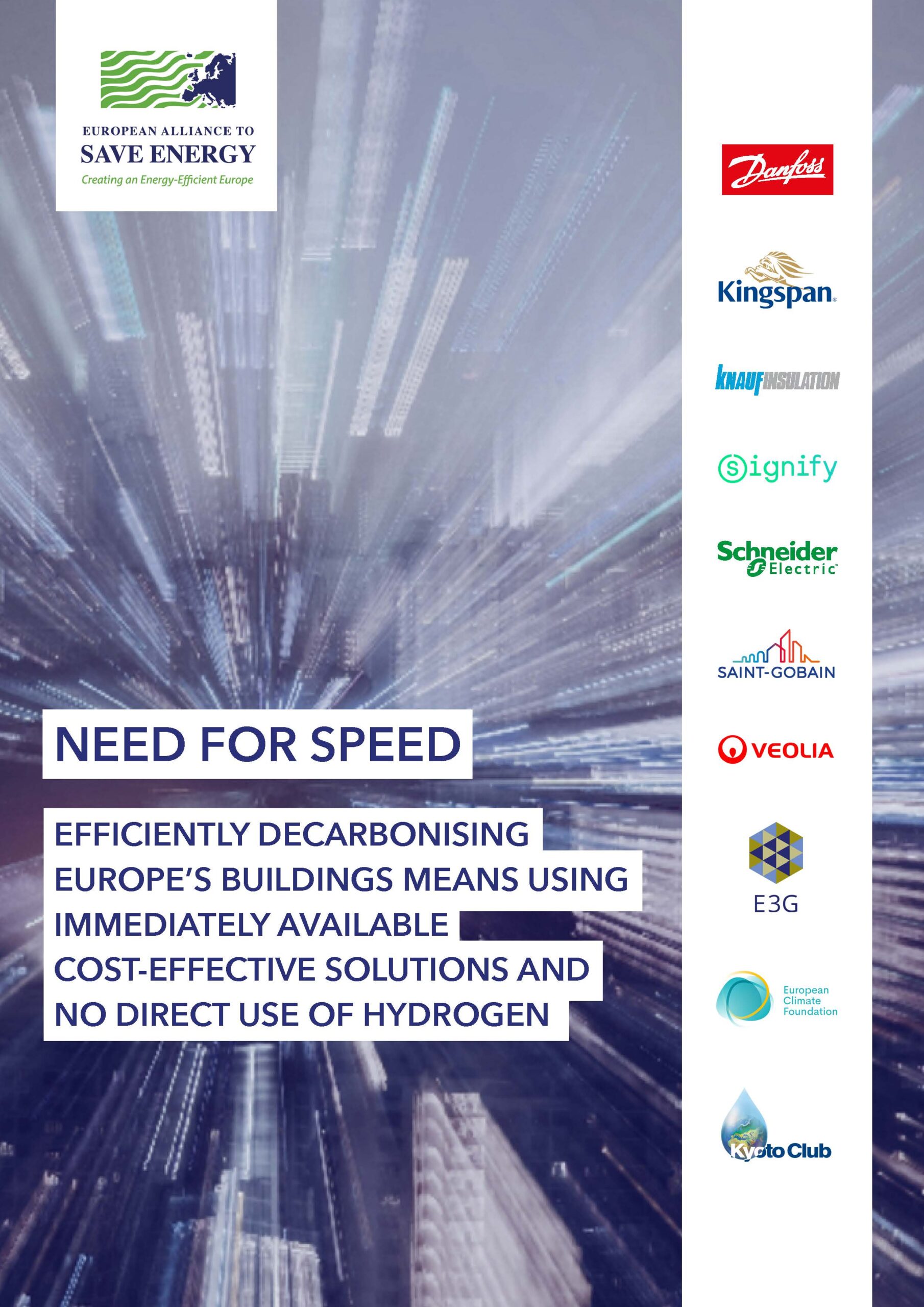
Meeting the EU’s goal of achieving a climate neutral economy by 2050 will require a steep reduction in gas demand, and such reduction will need to start before 2030. This means the EU should focus on immediately available and cost-effective solutions, starting from energy efficiency and renewables, especially for buildings.
While green hydrogen can play a role in decarbonising the EU economy, its pathway comes with many uncertainties linked to the costs of its production, its inefficiency and effective application and should therefore be limited to hard-to-abate sectors only.
As for the heat policy for decarbonisation of buildings, the paper calls for the acceleration of energy efficiency options that can immediately deliver real carbon savings, while accommodating a growing share of renewable energy.
In a fast-changing political and economic environment, 2025 was a year of continued efforts to strengthen security, stability, and competitiveness for European businesses.
Throughout the year, our work demonstrated that energy efficiency is not only essential to achieving climate goals, but also a key driver of innovation, energy independence and sustainable long-term growth across Europe.
Strong engagement with policymakers, combined with the successful organisation of the 4th European Energy Efficiency Day, highlighted the importance of collaboration and dialogue in advancing shared objectives. Partnerships across sectors and institutions remained central to delivering impact and shaping effective energy policies.
Looking ahead to 2026, we will intensify our efforts to secure the regulatory certainty that can accelerate the energy transition, while providing businesses with the investment confidence they need and strengthening Europe’s competitiveness.
Read the full Activity Report here.


